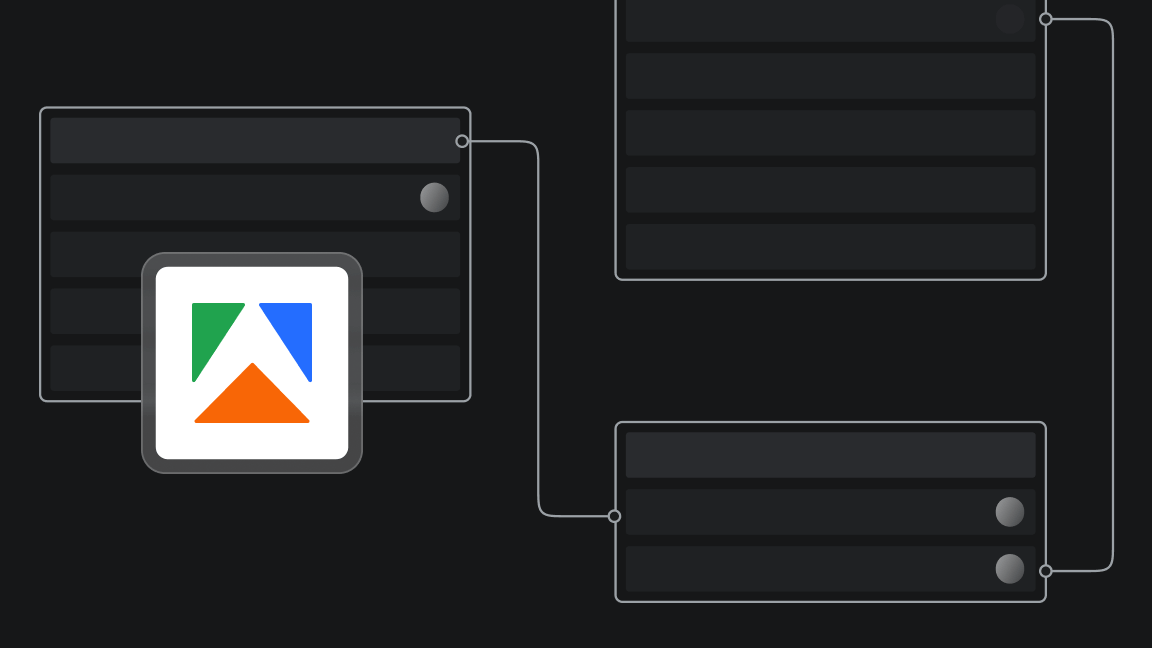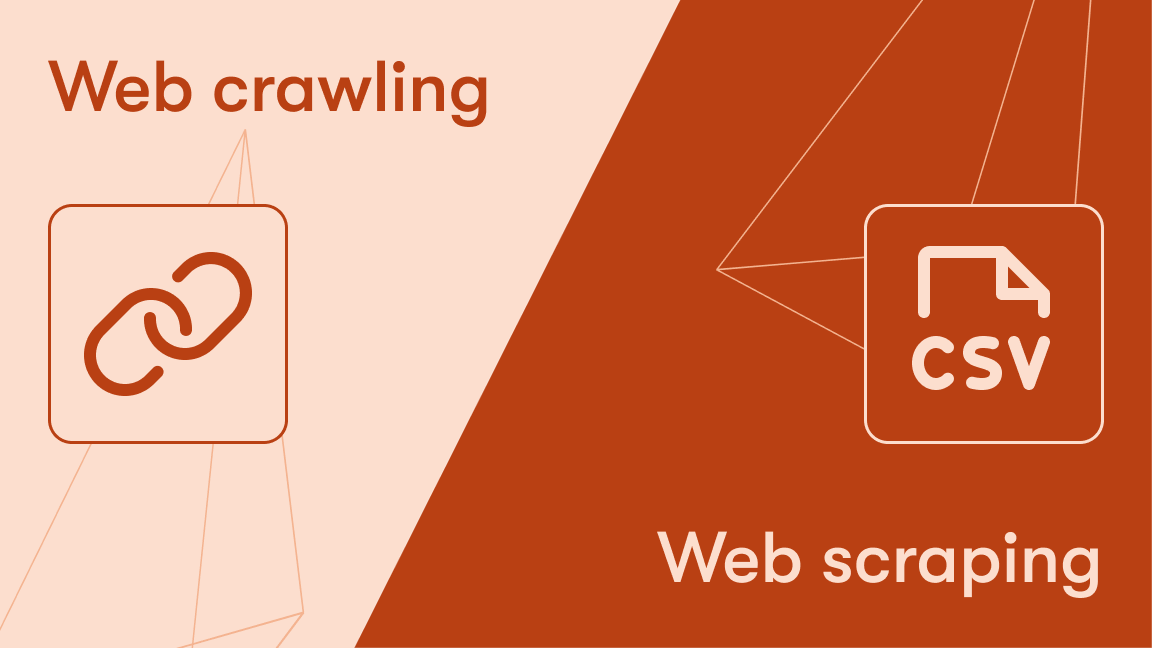
Data extraction is essential when it comes to converting unstructured and semi-structured data into structured data. For instance, data extraction can automate VAT compliance checks, invoice processing, record-keeping, and much more.
So, is there a large amount of semi-structured and unstructured data? Yes, you bet there is. In fact, there has been a significant increase in both unstructured and semi-structured data, which makes data extraction vital.
Don’t go anywhere because, in this article, we will identify why it is essential for businesses to use data extraction.
How data extraction works

Data extraction allows you to examine how the process works. Data extractors will use special tools or even cloud-based web scraping services for finding and collecting business-related data from various websites, unstructured sources, customer databases, and more. The result is simply finding a CSV file or fully interacting database that can continuously update information and allow us to examine rising trends.
Data extraction services help your business grow by providing valuable information and resources that help you make much better decisions, increase productivity levels and gain helpful insights into your market.
Suppose your company is dealing with large data flows that include files of multiple formats that are stored in different locations that require you to extract this data. In that case, you can analyze customer behavior, set up buyer personas, and increase profit levels by customizing your offers.
Why do you need data extraction?
So, we have already answered the question, what is data extraction? Data extraction is a unique process for automating structured data and using it for future purposes. This process will provide you with the necessary data from multiple sources, such as emails, contracts, and electronic invoices.
Furthermore, this type of data helps automate processes and provides valuable insights for decision-making. Here are some significant benefits of data extraction:
- Cost savings
Manual processing is never a cost-friendly thing to do. For only the record of accounts payable, a Fortune 500 company can process up to a million invoices. These are usually invoices that companies will receive outside of their EDI (Electronic Data Interchange) from their much smaller suppliers. They are the most manually processed.
- Decision-making
Data extraction allows users to extract meaningful information that may be hidden behind unstructured data sources.
- Manual error reduction
Many businesses still rely on employees manually entering the information stored in their documents on the system. This may result in errors due to incomplete records, incorrect information, and duplicates. If you automate the data extraction process, structured data can be collected with fewer errors, and business reports can be much more useful by providing additional and more accurate data.
- Employee motivation
As we mentioned before, manual data extraction may get tiring for employees with the increase in unstructured data. Nevertheless, this repetitive process doesn’t require much skill and is a direct demotivator for the workforce. Regardless, this improves productivity levels by preventing any distractions from employees.
How does data extraction profit organizations?

We would be lying to you if we said that data extraction tools aren’t a profitable option to consider. Not only do they save resources and time, but they also lead to a higher level of efficiency by reducing manual data errors. However, diverse data is robust in handling different types of data such as web data, PDF documents, images, and more.
There are no limitations when extracting and managing data, so a wide variety is available to suit your business needs and preferences for most service providers. Furthermore, the information you use is also accurate and error-free, being a reliable option for enterprise requirements.
What are some of the largest challenges associated with data extraction?
Everything involves some challenges. Data extraction does as well, and the cost and time required to determine data accuracy are high. That’s why it’s a costly and time-consuming process - a lot depends primarily on the quality of the data source. Here are a few of the challenges that you might face when extracting data:
Data quality
Data quality should be a priority from an analytics perspective. Various companies will extract data from different sources and try to obtain more prosperous and much more accurate data by seeing what is happening in their business, but this always has a cost. Sometimes, the benefits won’t be able to outweigh the risks and result in poor data quality. Nevertheless, this is a top challenge many data analysts will undergo.
No standardization
You can find information anywhere on the web, but it might not always be the type of information you want. Most companies will store their data in areas where only they can read it, meaning that you need access to their software to gain access to this information. At times, this may be costly and consume lots of time because you're continuously looking for information from different sources.
Lack of access
If you’re trying to find the correct data, it may sometimes be a challenge to do so. Nevertheless, you might not be ready to extract data from these sources easily. Some primary reasons could be the sources don’t have the required data or are hidden behind a paywall.
Incomplete data
Your data extraction process might not always be in your favor, so it will depend on whether it runs well or not. Data may be missing due to errors made in the extraction process.
7 Benefits of Data Extraction

Data extraction has many benefits associated with it. Here are some of them:
1. Accessibility
Data extraction allows you to easily access data stored in different formats and makes it easier to review and analyze. Most of the time, a transformation requirement will be needed for data stored in different formats such as PDFs and text files that are ready for analysis.
2. Productivity
Data productivity is an excellent way to increase productivity, extract data from different sources, and export it into a database or spreadsheet. This is a beneficial choice whenever you try to enter large quantities of data. Furthermore, automated extraction is one of the most beneficial methods you can use for data extraction, leading to higher productivity levels.
3. Accuracy
Data entry errors may sometimes directly influence your research's accuracy, and these errors might lead to mistakes later on. Nevertheless, it’s important to reduce human errors by using the software to extract data much more accurately than humans would and minimize mistakes.
4. Customer service
Customer service can be enhanced by providing timely and accurate information, which can be used for resolving customer complaints and inquiries. Data extraction can help resolve such queries and complaints quickly and efficiently. It can also help identify trends and issues affecting customer satisfaction.
5. Process automation
Automation can free up resources and time to improve other important business areas. Additionally, it can help transform business processes into automated and digital ones.
6. Informed decision-making
One of the most frequent benefits of data extraction is that it can help businesses make better decisions. This is because data provides insights into customer behaviors, preferences, trends, and more. With the help of this information, you can make better decisions regarding your product or service, pricing, and more.
7. Competitive advantage
Last but not least is the competitive advantage you get. By understanding the data you are collecting, you can figure out extra things that your competitor might not know about, giving you a significant advantage over them.
What are some significant examples of data extraction?
1. Web scraping
Web scraping is the process of extracting data from websites. Similar to data mining, it can be collected from other data sources and is challenging to maintain. Web scraping is used to collect pricing, product, and contact information. If your business is data-driven, web scraping is one of the most effective forms you can use.
2. Data warehousing
Data warehousing is a type of database that is used for storing data across multiple sources. Data warehouses are vital since they allow businesses to gather data from multiple sources and put them into one place. Therefore, it becomes easier to share data with other applications.
3. Data mining
Data mining includes extracting important information from big datasets. Data mining is essential since it allows businesses to make much better decisions and understand their customers on a whole new level.
Wrapping everything up
That’s all for this article and everything we have to say on data extraction. Now, you should understand why you need data extraction, how important it is for your business, and why you need to consider using it.






